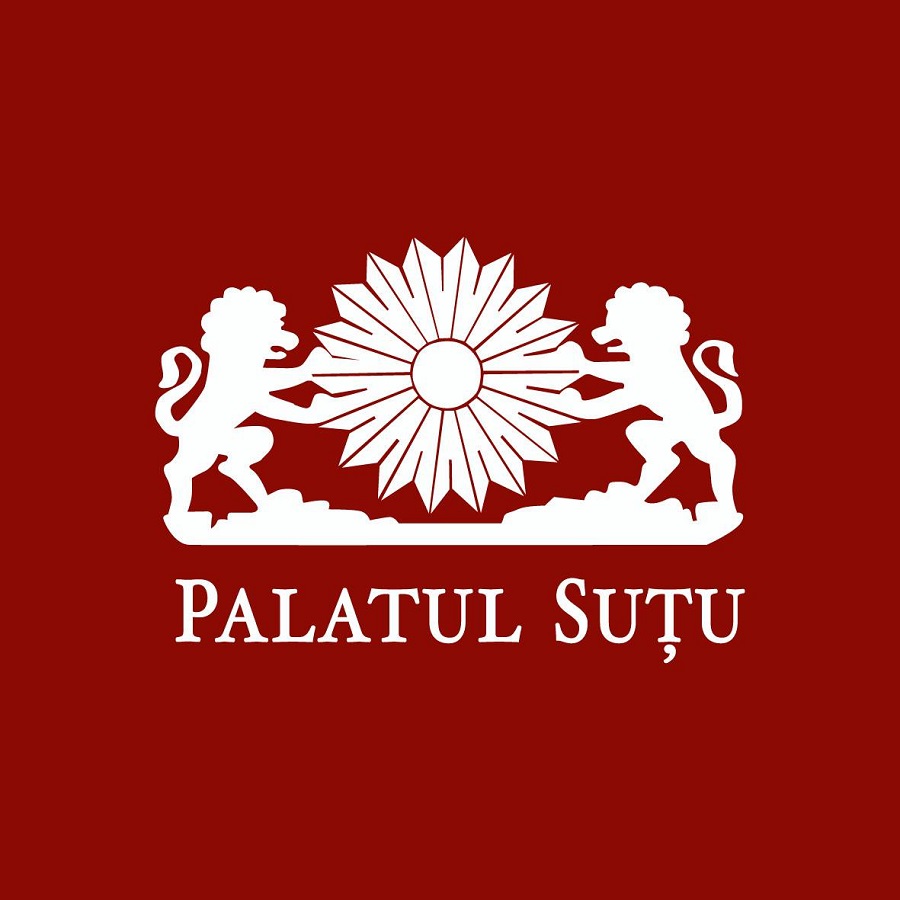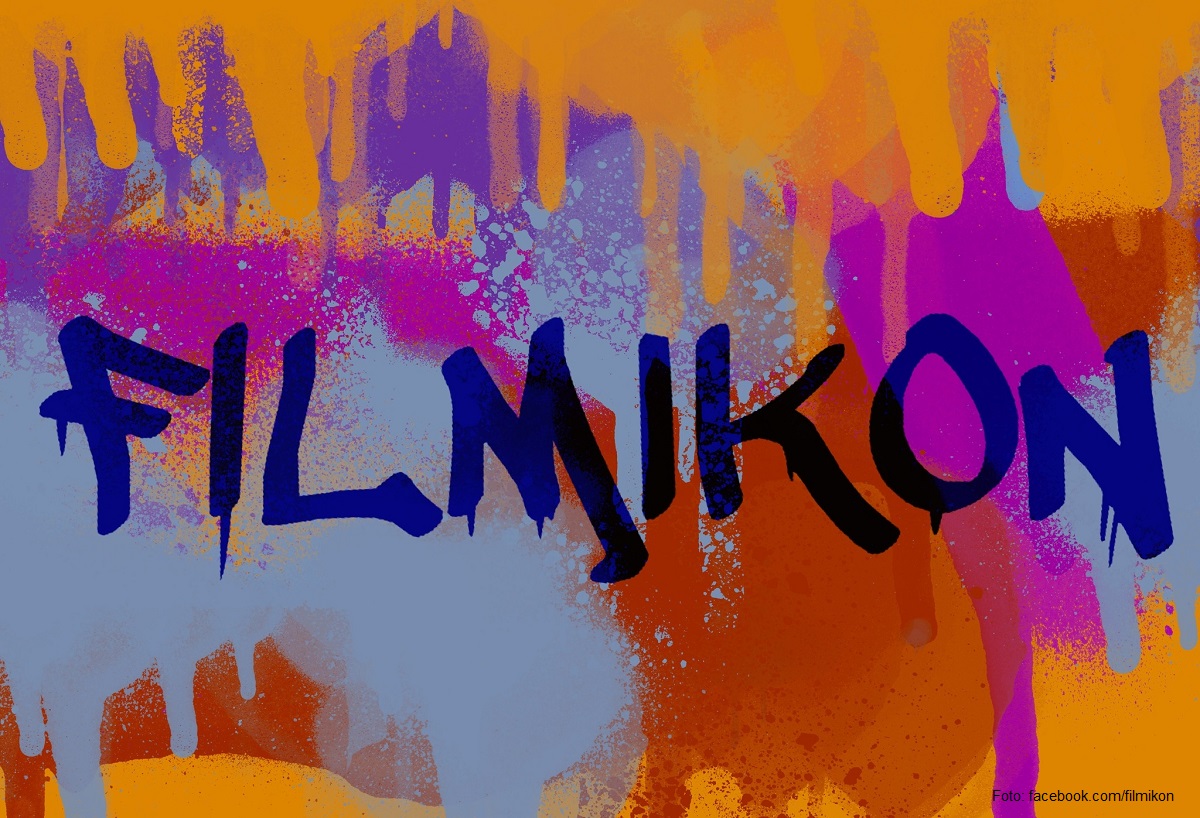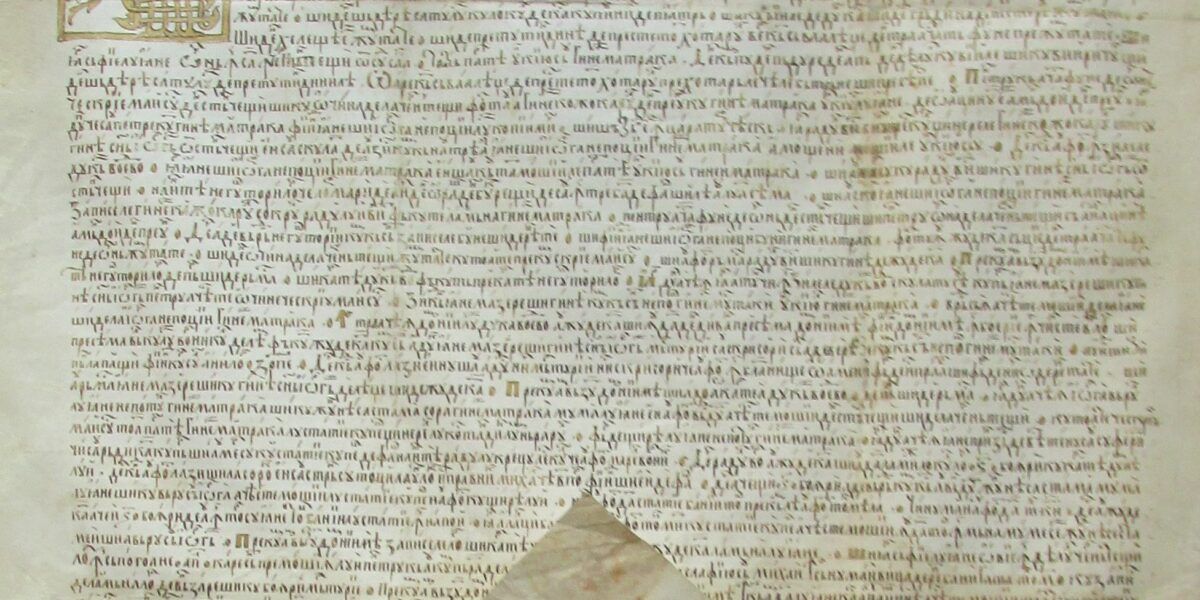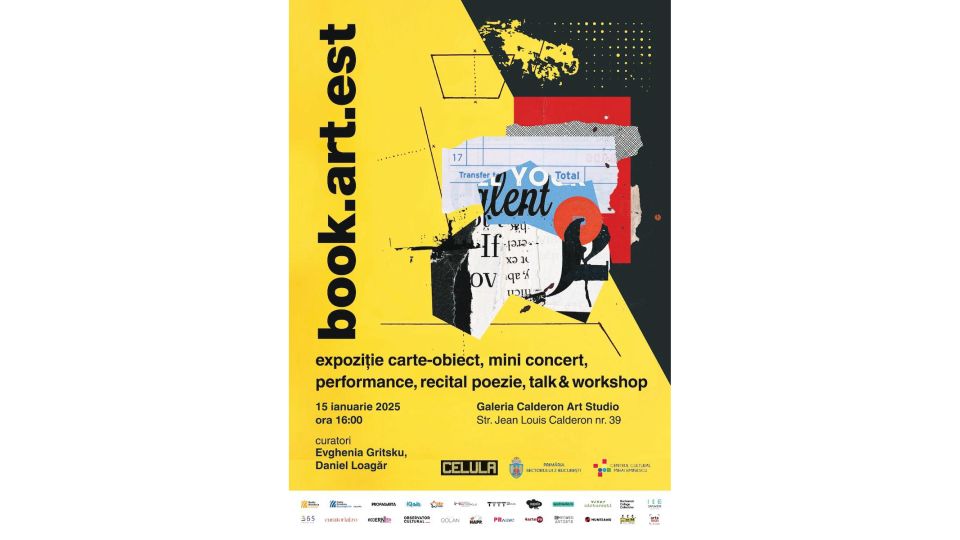Romanian Productions at TIFF
An overview of Romanian films included in this year's selection

Corina Sabău, 21.06.2023, 13:00
9 features and 16 short films competed at the Transylvania International Film Festival TIFF.22. The selection included some of the best Romanian films of 2022, as well as productions that were premiered on the sidelines of the festival in Cluj-Napoca. Among them are the black comedy Men of Deeds directed by Paul Negoescu, the grand winner at the Gopo Awards Gala this year, as well as the psychological thriller To the North directed by Mihai Mincan, which was premiered in Venice this year. To the North is one of the most promising products of Romanian cinematography in the last five years. It is a co-production of Romania (deFilm), France (Remora Film), Greece (Studio Bauhaus), Bulgaria (Screening Emotions) and the Czech Republic (Background Films). The story is set in 1996, taking place on a cargo ship crossing the Atlantic Ocean on its way to America. Joel, a Filipino sailor part of the crew, discovers an illegal Romanian passenger. Knowing the captain or navigating crew would throw him overboard if they discovered him, Joel tries to save him. “Mincans screenplay is a daring and unflinching representation of the things that can happen in international waters. Its a story about moral choices, kindness and compromise, courage and fear”, intoscreens.com writes about the film. Director Mihai Mincan told us more.
“This moral balancing act that we more often than not do with our peers is rather difficult, and the cultural differences of the film characters make it even harder. These differences between the characters, their social and cultural baggage, are what motivated me when I started working on the script. Each of us takes away something different from a relationship, but at the same time these differences can meet half-way, in phenomena such as poverty. For movie characters, poverty is a common concept, although it is itself perceived differently, depending on each characters culture. I was very attracted by this idea and these language discrepancies, which prevent people from communicating in key moments. If characters could have really talked to each other, using the proper syntax, and voiced their needs, perhaps things would have been different. Im not big on moral relativity, nor do I agree with the idea that good and evil are relative concepts, that they differ from one person to another and one people to another. In this film, the circumstances complicate things a lot, and each character is bound by a strong personal stake”.
The list of Romanian productions presented at TIFF this year also included Boss, a noir production directed by Bogdan Mirică, the winner of the TIFF.15 trophy for his feature Dogs, as well as the national premiere of Tiger, the debut film of Andrei Tănase, this year selected at Rotterdam. At the crossroads between documentary and fiction, Vlad Petris latest feature, Between Revolutions, distinguished with the FIPRESCI Award in the Focus section at Berlin, was produced using archive material. The film mirrors the lives and destinies of two women, Maria and Zahra, the former from Romania, the latter from Iran, friends and colleagues at the Medical School in Bucharest in the 1970s. “To me, it is a film about a recent past, which strongly resonates with the immediate reality. It is a film telling a subjective story, about women, about two countries and societies separated by thousands of kilometers, each experimenting with new political systems, where people are crushed by the states political oppression. It is a relevant film right now, which can be linked to the protests of recent months in Iran, where women are fighting for their rights and want a fair society, just as they tried to achieve in 1979”, filmmaker Vlad Petri says.
“Admittedly, I am passionate about Eastern Europe and the Middle East. Ive been to Iran and other countries in the region, and so the film was made from a number of perspectives. My talks with my mother also played a key role. She studied Medicine and told me about students from the Middle East who would come to study in Romania. I was born in 1979, the year of the Islamic Revolution. There are thus several layers to this story, and I found numerous similarities and differences between the Islamic Revolution and the anti-communist revolution in 1989 in Romania. This was a very appealing territory to explore, and to talk about hope, optimism, the need for a radical change, because both revolutions led to radical changes, and I still believe these are the most important landmarks of the last century”.
Film editor Dana Bunescu returns to film directing alongside anthropologist Cătălina Tesar, revealing marriage traditions in Roma families in the film The Chalice. Of Sons and Daughters. In turn, journalists Adina Popescu and Iulian Ghervase produced their third documentary, The Vultures of Țaga, which tells the story of a football team that constantly loses. Both films were premiered in 2022 at the Astra Festival. One of the most anticipated productions of the year is the world premiere of Nasty (directed by Tudor Giurgiu), a documentary about the life of Romanian tennis player Ilie Năstase. The film was screened in the Union Square in the presence of Ilie Năstase himself. Alexandru Solomon returns to TIFF with Arsenie. The Afterlife, the premiere of the much-anticipated film about monk Arsenie Boca and his legendary legacy. (VP)






























